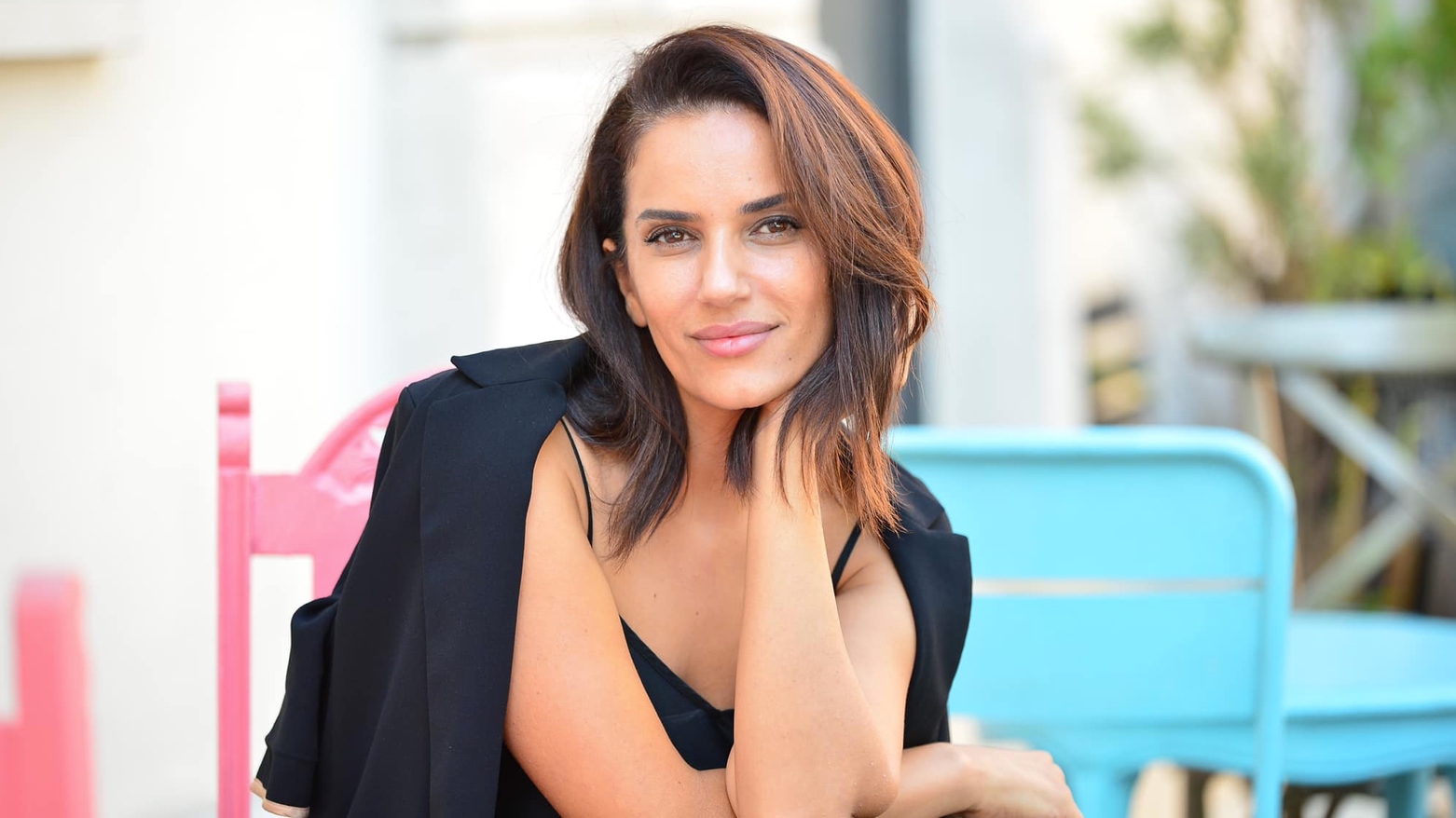Our Kurdish language needs us: Tara Mamedova

ERBIL (Kurdistan 24) – Kurdish singer Tara Mamedova is currently on a concert tour, which includes performances in Berlin, Diyarbakir (Amed), Kazakhstan and Istanbul, and hopes one day she can also perform in Erbil.
“Our tour was prepared with great effort. From the music, the arrangement to the aesthetics of the stage, we worked on it carefully,” she told Kurdistan 24.
“We were very excited when we started to hit the road. We were asking ourselves how the reaction of the people would be. But their reaction was much better than we expected. We saw that our audience enjoyed our performance. We wanted to embrace our people wholeheartedly and we did. It was a great blessing for me and my team.”
Amed ❤️
— Tara Mamedova (@taramamedova) November 14, 2023
Me li çar bajaran konser çêkirin û li hemû bajaran hûn bê hempa bûn. Me hêz û bawerîyek mezin ji we girt.
Me xwest em ji dil gelê xwe hembêzbikin û me hembêzkir. Ji bo min û ekîba min bû bextewarî û serbilindîyek gelek mezin. Gelek sipas dikim û ji we gelek gelek… pic.twitter.com/C3Zv8IR92y
She was especially very welcomed by the Kurdish public in the Kurdish city of Amed (Diyarbakir), and in a post on X, formerly known as Twitter, she thanked the people of Amed for their warm welcome.
Mamedova spent her childhood in Kyrgyzstan and Russia and speaks five languages. She published her first album ‘Ax’ in 2014, which is a mix of Russian romance music and Kurdish music. In January published her new single "Sino". Tara Mamedova's family moved from Doğubayazıt (Bazid) to the Soviet Union a century ago.
Mamedova gave many concerts in Istanbul, Diyarbakir (Amed), Van and many other cities. She currently lives in Türkiye (Turkey) and is married and has a daughter named Elenya. In January, she published a new single called Sino.
Mamedova is now also working on a new album for a year. “It will be finished soon. Our album mostly consists of new songs. Also, I am making this beautiful album with a Kurdish arranger who has been working with (Ciwan) Haco.”
Although Mamedova speaks several languages. She only sings in Kurdish now. “I used to sing in Russian and French, but later I decided to sing only in my own language. Because those languages do not need us. But we need our language and our language needs us.”
She hopes she can one day sing in Erbil. “We really want to hold concerts in Erbil and many parts of Kurdistan, but there is a problem and lack of organizers. In other words, a concert requires cultural efforts which must be made by donors of Kurdish culture,” she concluded.
